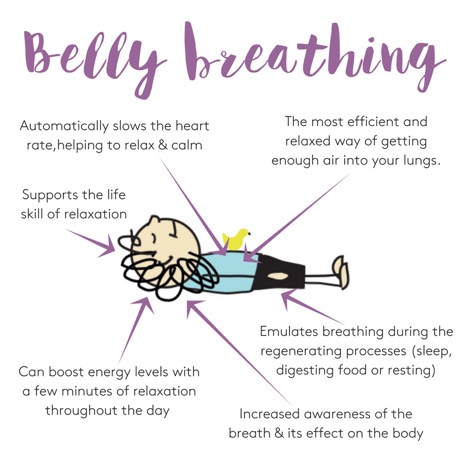Encouraging Communication at Home
During speech therapy, your speech pathologist will teach your child new speech and language skills needed to further develop their ability to communicate effectively. It is really important that your child gets many opportunities to practice these new skills outside of the treatment room. It can be difficult to come up with ideas for incorporating your child’s speech goals into their everyday activities. Here are a few ways you can use daily routines to help your child practice using their verbal skills. These suggestions focus on increasing intentional communication, requesting, labeling and expanding utterances. First, make sure your child wants or needs the object or action. Then, he must request it in order to receive it. This can be at



